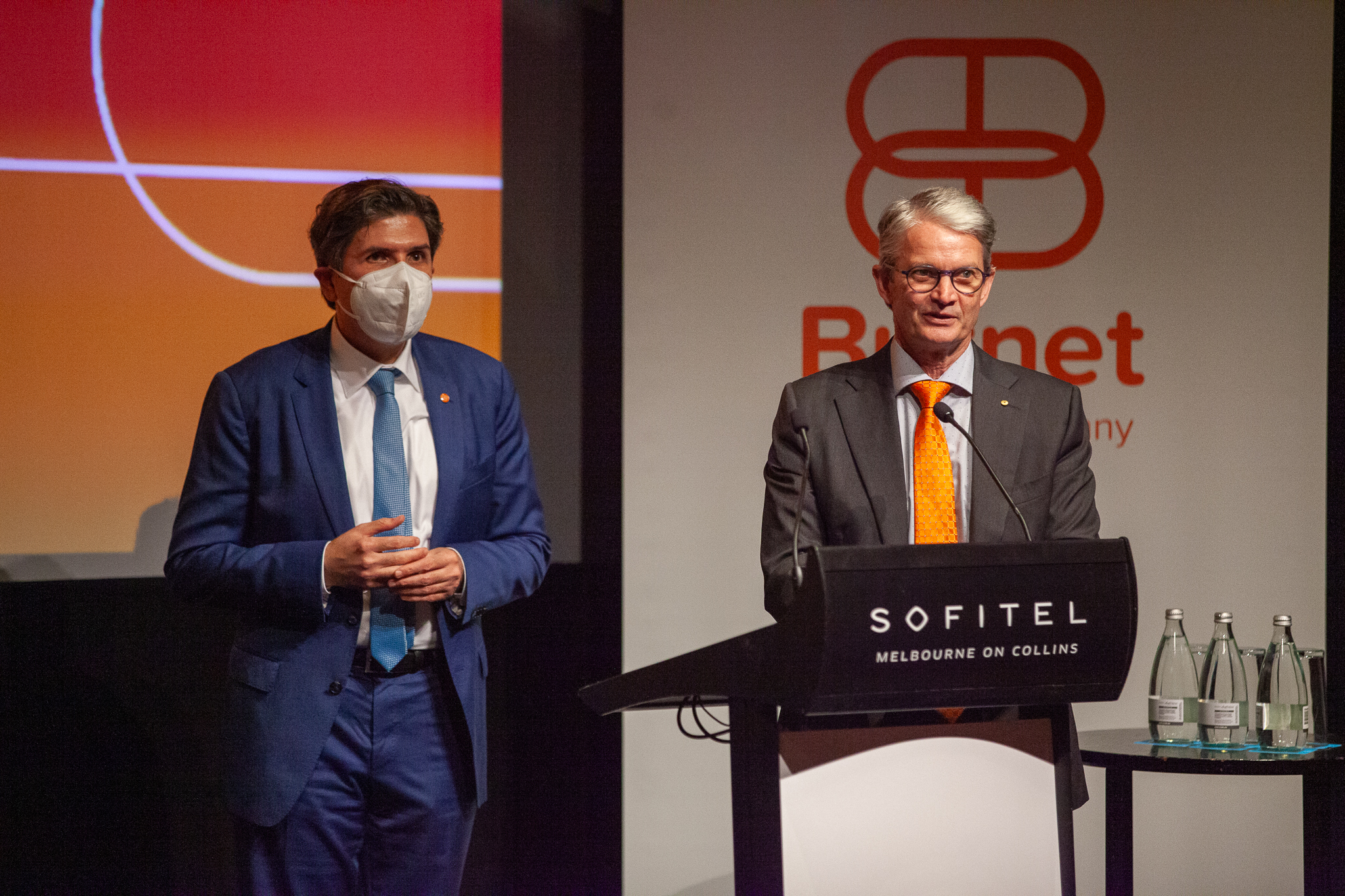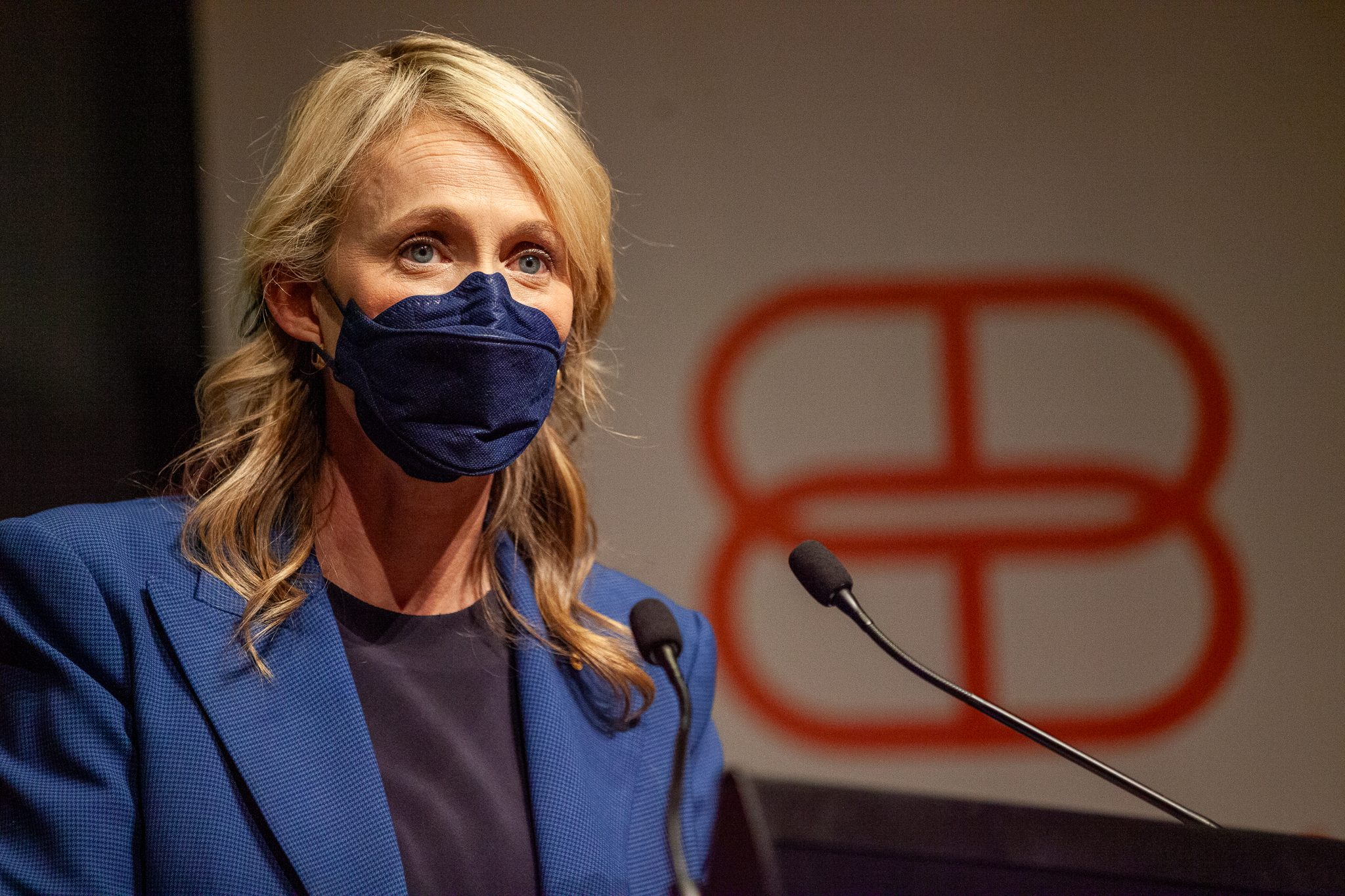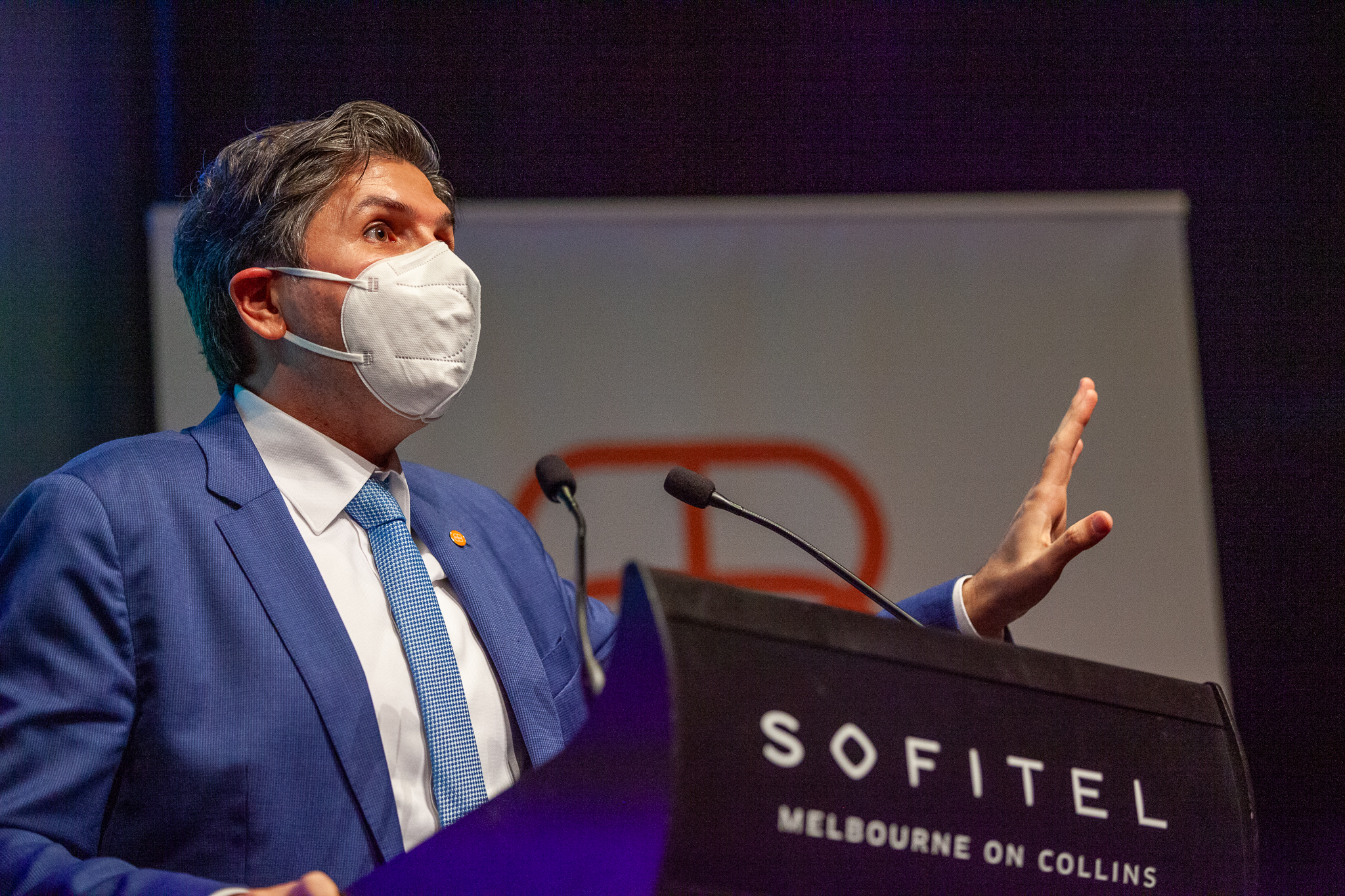Almost four years since the start of the COVID-19 pandemic, research continues to provide new insights into the disease and what the future holds.
At the 2023 Burnet Oration, world-renowned COVID-19 researcher Dr Ziyad Al-Aly, chief of research and development at VA Saint Louis Health Care System and senior clinical epidemiologist for the Institute for Public Health at Washington University School of Medicine, shared his findings on the risks of long COVID-19 infection and reinfection.
He said scientific data shows the risks of COVID-19 are higher than seasonal influenza because of the “extensive” organ involvement in SARS-CoV-2 infections, the virus that causes COVID-19.
“We found that long COVID can affect nearly every organ system,” Dr Al-Aly said during his keynote address.
“We looked at the heart, the lungs, we looked at the kidneys, we saw increased risk of diabetes, mental health disorders, blood clotting problems, we saw increased risk for nearly every organ system.”
Dr Al-Aly said long COVID could affect all age groups and could be difficult to identify due to its variety of symptoms.
“Long COVID is non-monolithic. It’s very heterogeneous and can present in multiple different ways,” he said.
“Even if people dodged the bullet the first time and did not get long COVID, re-infection can contribute additional risks of long COVID.”
There are currently no approved treatments for long COVID, but Dr Al-Aly said it represents an opportunity to “mobilise resources in that direction”.
“Current vaccine technologies reduce the risk of severe disease that reduce the risk of hospitalisation, reduce the risk of death and reduce the risk of long COVID. They don’t block the infection very well,” he said.
“But we know of technologies that could be developed and scaled up, including new vaccines that induce strong mucosal immunity to block infection open-ended and prevent transmission.”
There are now more than 65 million people around the world living with the chronic condition of long COVID.
Burnet Director and CEO Professor Brendan Crabb AC said the effects of long COVID on human health and the economy were devastating and will be felt for decades to come without new tools and approaches.
“Almost every person, certainly every family, gets exposed to COVID and a very large proportion of the population get exposed in every wave,” Professor Crabb said.
“Repeat infections are very, very real.”

Image: Dr Ziyad Al-Aly and Prof Brendan Crabb at the Burnet Oration
In Australia, 5-10 per cent of people infected with COVID-19 will develop long COVID. Dr Bronwyn King was one of them.
A clinical oncologist, advocate for a tobacco-free world and clean air, Dr King described the difficulties in getting long COVID help and treatment in Australia as “extremely disappointing and deflating”.
“Listen to long COVID patients and believe them. Learn more and commit to prioritising research. Share the love and help support long COVID patients and do everything you can to lower your risk,” she said.
She recommends lowering the risks by ensuring you’re breathing clean air.
“When you have to be indoors, open the doors and windows, use air purifiers when you can, and if all else fails make sure you wear an N95 mask,” she said.

Image: Dr Bronwyn King presents at the Burnet Oration.
To view the Burnet Oration, visit Burnet Oration: Dr Ziyad Al-Aly urges action for long COVID treatment | Burnet Institute
